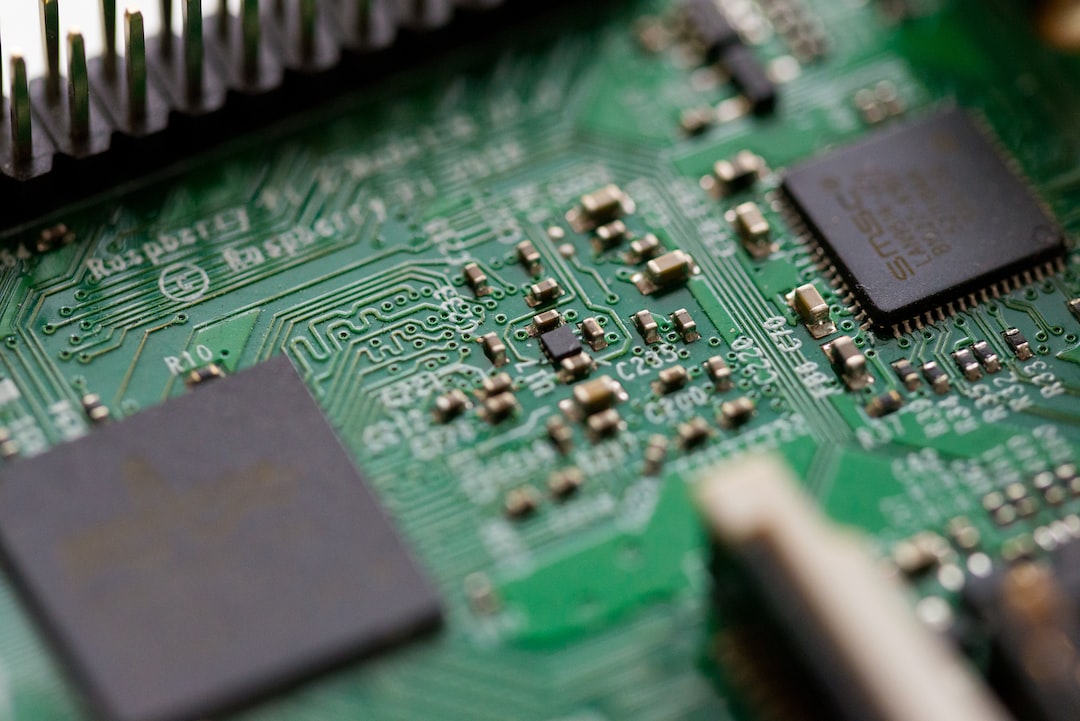The Rise of Artificial Intelligence in Everyday Life
In recent years, Artificial Intelligence (AI) has become an integral part of our daily lives. From voice assistants that respond to our commands, to self-driving cars that navigate the streets, AI is revolutionizing the way we live and interact with technology. The rise of AI has been rapid, and its impact on society cannot be ignored. In this blog post, we will explore the various ways in which AI is transforming everyday life.
One of the most prominent examples of AI in everyday life is the proliferation of voice assistants. Devices like Amazon’s Alexa and Apple’s Siri have become household names, offering convenience and ease of use. These voice assistants use natural language processing and machine learning algorithms to understand and respond to our commands. Whether it’s setting reminders, answering questions, or controlling smart home devices, voice assistants have become valuable companions in our daily routines.
AI is also reshaping the healthcare industry. From diagnosing diseases to improving patient care, AI is playing a vital role in medical advancements. Machine learning algorithms can analyze vast amounts of medical data to predict diseases and suggest treatment options. AI-powered robots are being used in surgeries to provide greater precision, reducing the risk of human error. The potential for AI to revolutionize healthcare is immense, with the ability to enhance patient outcomes and save lives.
The rise of AI has also led to significant advancements in transportation. Self-driving cars, equipped with AI technology, have the potential to revolutionize our roads. These cars use sensors, cameras, and AI algorithms to navigate the streets, ensuring a safer and more efficient transportation experience. Autonomous vehicles have the potential to reduce accidents caused by human errors and decrease traffic congestion. With companies like Tesla, Google’s Waymo, and Uber investing heavily in self-driving technology, it’s only a matter of time before we see these cars become a common sight on our roads.
AI is not limited to gadgets and vehicles; it has also found its way into our homes. Smart home devices, such as AI-powered thermostats, security systems, and appliances, have become increasingly popular. These devices use AI algorithms to learn our preferences and habits, making our homes more energy-efficient and secure. AI-powered security systems can detect unusual activities and alert homeowners, providing an added layer of protection. Smart appliances can optimize energy usage, saving money and reducing our carbon footprint. The integration of AI into our homes is transforming them into smart, connected spaces.
Education is another sector that has been impacted by AI. Personalized learning platforms powered by AI algorithms can tailor educational content to each student’s individual needs. These platforms analyze data on students’ strengths, weaknesses, and learning styles to provide customized learning experiences. AI can provide instant feedback and generate personalized recommendations for students, fostering a more effective and engaging learning environment. The potential of AI in education is enormous, with the ability to bridge educational gaps and provide equal opportunities for all.
However, with the rise of AI comes concerns about privacy and ethics. AI algorithms are built on vast amounts of data, raising concerns about data privacy and security. There is also the issue of bias in AI systems, as algorithms can perpetuate existing societal biases. Ensuring transparency and accountability in AI decision-making is crucial to address these concerns and prevent unintended consequences.
In conclusion, the rise of AI in everyday life has transformed the way we live and interact with technology. From voice assistants to self-driving cars, AI has become an integral part of our daily routines. Its impact extends to various sectors, including healthcare, transportation, and education. While AI offers tremendous potential, we must address concerns regarding privacy and ethics. As AI continues to evolve, it is essential to strike a balance between technological advancement and societal well-being. With careful navigation, we can harness the power of AI to shape a better future for all.

